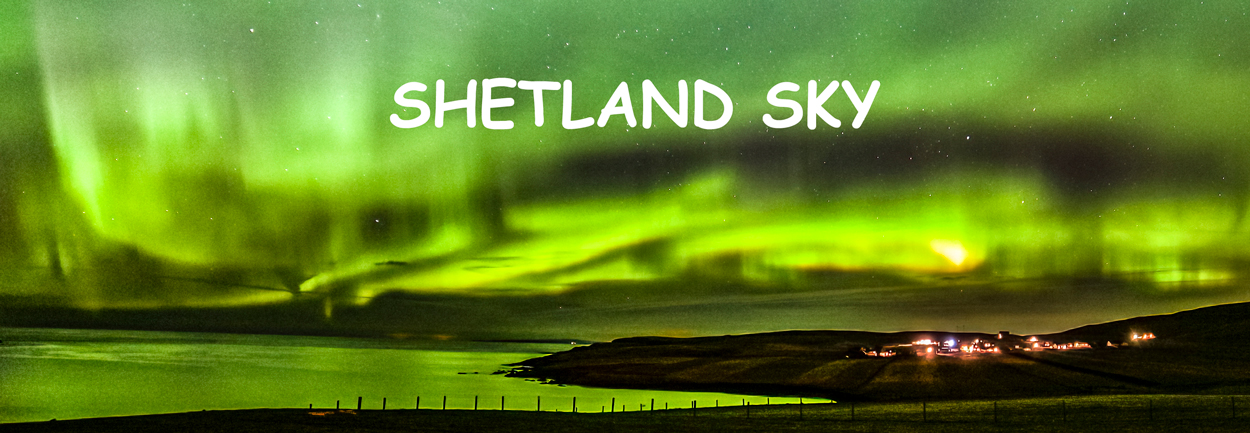With the nights drawing in it is a great time to be out looking for meteorites. At certain times of year you may be lucky to see some , especially after midnight when they are at the largest fall rate.
The Draconids should be visible best on the 8/9 October 2013 , with a possible 100 meteorites visible throughout the night. The moon will be 16% illuminated in the region of Scorpius on the evening of the 8 October.
The Taurdis offers a good chance of seeing some , with the new moon on the 3 November it should be ideal viewing conditions with the highest rate again around mid night. often these meteorites are very slow moving compared to the rest of the year.
The Leonids will not be very good this year, as it coincides with the full moon, on the 17-18 November.These are fast bright meteorites with fine tails, associated with comet Temple- Tuttle
One of the best and highest rates of meteorites comes in December is the Geminids on the 7 - 14 December with over 100 per hour reduced to 70 per hour a few days either side. Although it can be very cold, often the skies can be clear giving a good chance to see and photograph this event. Unfortunately this year the moon will be a big problem being 89% illuminated.These are fast and bright with small trails
The Ursid shower will occur between the 22-23 December and with no Moon to talk about ,it may give the best chance for the later end of the year, again the best activity will be after mid night. Much will depend on cloud cover as ever.
Meteorites are caused by streams of debris entering the earth's atmosphere at great speed . Because meteorites travel in parallel paths they will seem to radiate away from a single point in the sky. Most are very, no bigger than a gain of sand, so cause no problems. A meteorite shower is the interaction from a planet such as earth and the debris from a comet. The debris from the comet is caused by water vapor drag, so each time a comet orbits the sun it will shed debris as ice vaporizes .
Meteorite showers are named after the constellations from which they occur. Good hunting!



No comments:
Post a Comment